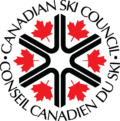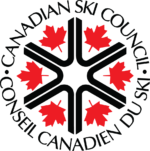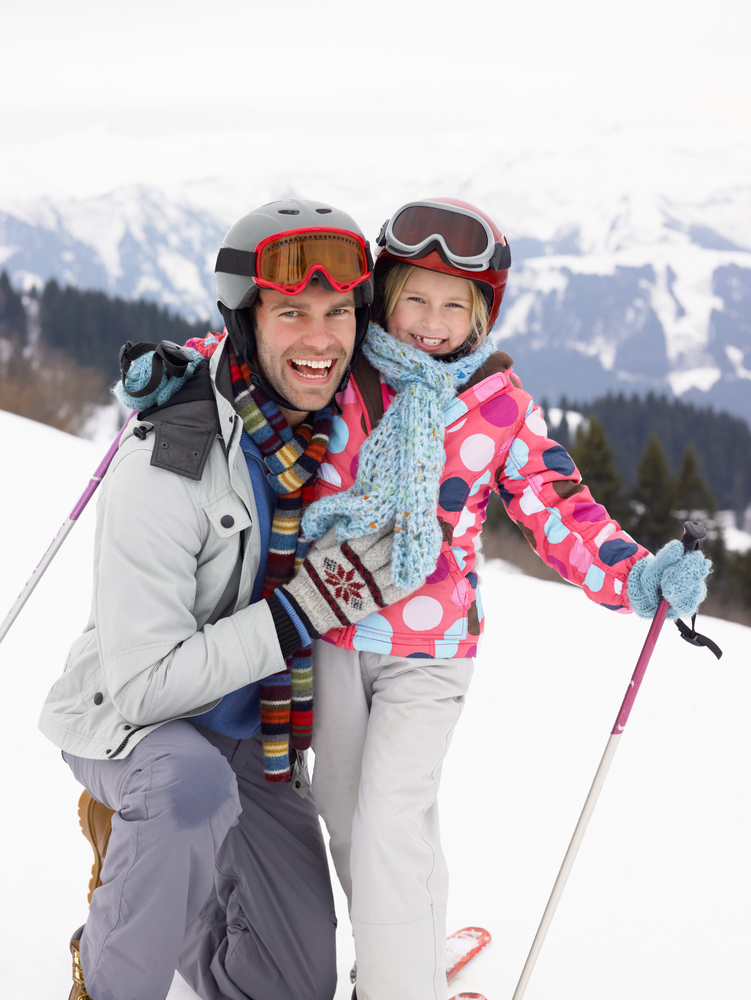Safety Tips for Parents
Parents, below are some helpful tips when your family goes skiing and/or snowboarding this season. Make sure your family is familiar with the “Alpine Responsibility Code,” the ten rules of the slopes.
Ski Tips For Kids
Have your child memorize the “Alpine Responsibility Code.” It’s the ten rules of the slopes and many accidents can be avoided by adhering to the Code.
Ski helmets are strongly recommended for people of any age. If your child wears a ski helmet, remember you may have to raise your voice more to get their attention because a helmet may impede their hearing.. Make sure the helmet fits correctly. A ski helmet is not an item you buy for your child to grow into. Educate your child about the benefits and limitations of the helmet. Wearing a helmet doesn’t give permission to ski or snowboard faster or recklessly.
Dress in layers. Layering allows you to accommodate your body’s constantly changing temperature. For example, dress your kids in polypropylene underware (top and bottoms) which feels good next to the skin, dries quickly, absorbs sweat and keeps you warm. Your kids should also wear a turtleneck, sweater and waterproof jacket.
Be prepared. Mother nature has a mind of her own. The helmet should be warm, 80 percent of heat-loss is through the head. Kids should also wear gloves or mittens (mittens are usually better for kids who are susceptible to cold hands).
Be sure they wear sun protection, even on cloudy days. The sun reflects off the snow and is stronger than you think! A ski vacation with a sun burn is no fun!
Kids should have sunglasses and goggles with them. Skiing is a lot more fun when you can see. Always wear eye protection.
When buying skiwear, look for fabric that is water and wind-resistant. Look for wind flaps to shield zippers, snug cuffs at wrists and ankles, collars that can be snuggled up to the chin and deep pockets. Be sure to buy your children quality clothing products.
Be sure your child has the name and phone number of your hotel written down on a piece of paper and it’s in a secure pocket. If you carry a cell phone, include this number too.
When you’ve decided what area to take your ski trip, call the ski resorts in the area and research how each area’s children ski school programs are structured. Ask about the number of kids in the class? What if your child gets cold? What if your child wants to stop skiing after one hour? Does the ski school offer pagers or GPS locating devices?
Put your kids in ski school to get them on the right track. Children’s instructors know how to teach kids, it’s their business. Then you’ll enjoy skiing with your kids and they will be proud to show you their skiing abilities.
An observance from a long-time skier is that when his daughter skied with him, she regressed, as opposed to skiing with her peers in a lesson. “She wanted to ski in-between my legs and fell down more often. We had fun with her being silly, but a lesson allowed her to focus on her skiing and she really excelled.”
Although it is very unlikely that your child would get separated from the instructor, be sure your child has a trail map and is able to remember the instructor’s name.
Make sure your child knows when to stop skiing. For example, if the clothing layer next to their skin stays wet and they’re chilled, if they’re injured, have a problem with equipment or even if they’re simply worn out. Educate them that it’s alright to stop before the end of the day and breaks are fun.
Make a meeting place if you get separated, for example, at the bottom of chairlift #2. The walkie talkies now available are convenient and a big hit on the slopes.
Starting your kids early, opens a world of adventure, fun, laughter and beautiful scenery unsurpassed, from many other sports and interests. It’s a tremendous feeling to learn that your kids’ fondest childhood memories were of your family ski vacations and now skiing has become an important element in their lives. Your kids will be forever grateful to you when they become adults!



